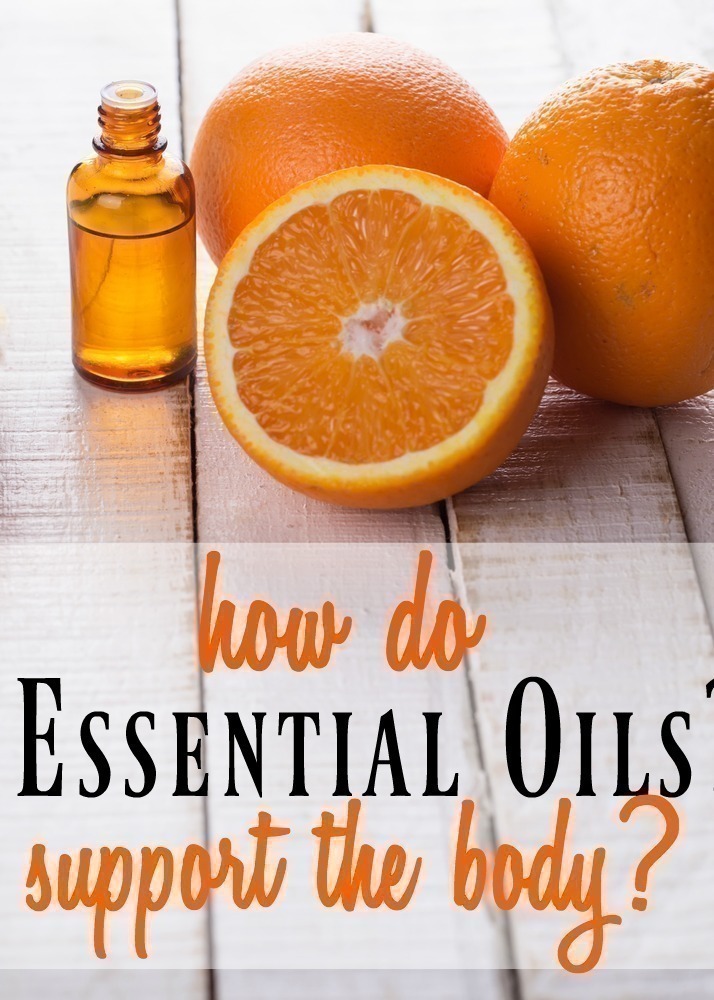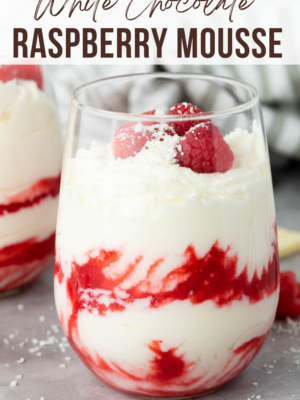
Essential Oils are plant extracts – aromatic, volatile compounds that are found in plant matter. They, and essential oil infused supplements, are powerful antioxidants and immune supporters.
Essential Oils are steam distilled or pressed from plants – leaves, roots, bark, stems, rinds or seeds.
Unlike dried herbs, Essential Oils are much higher in concentration – that is important to know because they are the lifeblood of the plant that initiates regeneration into the cells.
So what do Essential Oils Do?
Essential Oils support the immune system – and can quickly penetrate tissues of our skin. Once in our skin they can permeate the body through the blood and tissues. They support cellular health and regeneration and support a healthy immune system.
How do they Support the Body?
Essential Oils are recognized by the body was nutrients; therefore, they work WITH the body to support the body’s natural processes – which include:
- Oxygenating the cell
- Making the cells more permeable
- Supporting the body’s natural detox process
As a result, they help us defend against unwanted guests. Essential Oils can help support a variety of body systems – including reproductive, digestive, endocrine, respiratory, cardiovascular, and even digestive.
Essential Oils carry an antioxidant value called an ORAC score. ORAC stands for Oxygen Radical Absorbance Capacity – the Oils ability to inhibit free radicals.
Free radicals are unstable molecules. If you think back to your science classes, you might remember that electrons exist in pairs – free radicals are essentially molecules that are missing an electron. They react with whatever they come into contact with (after all, they are looking for an electron to “rob”).
In some cases, free radicals arise normally during metabolism – but in many cases, free radicals are generated when toxins are broken down by the body. These toxins can come by way of radiation, pollution, pesticides and herbicides, smoking, and eating processed food. Stress hormones can even generate free radicals.
Free radicals lead to oxidation in the body. Oxidation can then lead to a disruption in your immune system – which in turn can lead to sickness and ill health.
If you think about the lifestyle of most (in general), processed foods, a reliance on medication and drugs, and an absence of whole foods is really just a large foundation for free radicals and disease/illness.
Antioxidants neutralize the free radicals to protect the body against the destructive effects. They essentially act as scavengers to prevent cell and tissue damage that can weaken the immune system and lead to disease and illness.
What Does this Mean?
It’s not just about being healthy. It comes down to understanding the chemical function behind what we eat, and the air we breathe, and how everything works together. It’s not only important to understand the role of antioxidants, it’s best to find ways to reduce your toxin load:
- By reducing stress
- Avoiding over the counter medicines
- Avoiding pesticide, herbicide and hormone laden foods
- Limiting your intake of processed/refined foods
- Reducing your exposure to commercial cosmetic, health and cleaning products
- Exercising regularly
- Consuming healthy fats
It’s important to consume foods that have a high ORAC value (Sweet Potatoes, Spinach, Kale, Berries, Tomatoes, etc.) Essential Oils have a high ORAC value – they are just one additional weapon in your arsenal that will help protect your wellness.
Essential Oils are Popular
You may have seen a huge focus on essential oils the last few years – consumer awareness is increasing – not only because of the health benefits associated with them, but also with the growth in the organic product industry.
Many people are aware of the risks associated with poor diet, toxic overload, pesticides and herbicides, and understand their role in maintaining gut health. With that comes a focus in alternative options for self wellness and personal care.
A huge amount of plant matter is required to make an ounce of essential oil. However, due to the rise in popularity, there is also some skepticism out there too. Many essential oil companies are looking for new ways to cash in on the demand for essential oils. That leads to lots of companies creating essential oil from compounds that are synthetic (chemicals – made to smell LIKE the plant but without the therapeutic properties of the plant).
That leads people to think that they are getting a bargain on a cheap, inexpensive essential oil when in fact they are picking up an oil that was created in a lab, with chemicals – not from a plant.




Leave a Reply
You must be logged in to post a comment.